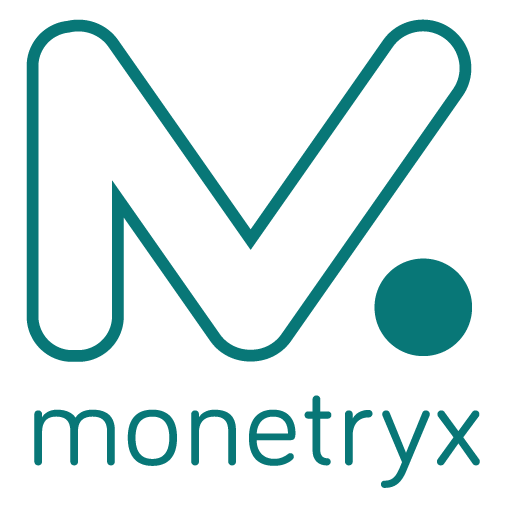Center for Transformative Action
- SOCIAL IMPACT
The Center for Transformative Action helps create communities that are socially just, ecologically sound and work for everyone. We do this by providing educational programs and fiscal sponsorship services to innovative social change initiatives. These projects work to transform the structures as well as the habits of mind that produce inequities in our communities, country and the world. Through their innovative methods, as well as their successes and challenges, they show us what is possible.
THE COMPANY
Vision and Mission
Our Vision: We envision change makers everywhere engaging and strengthening the power of the heart to remake the world.
Our Mission: We are an alliance of individuals and organizations inspired by principles of nonviolence and committed to bold action for justice, sustainability, and peace. CTA supports change makers with the tools to build thriving, inclusive communities that work for everyone. We serve our projects, the public, and Cornell University by offering educational programs and strategic organizational resources.
Our Program
CTA offers two forms of fiscal sponsorship: 1) the Comprehensive Direct Project Fiscal Sponsorship (Model A), where CTA assumes all legal and fiduciary responsibility for your project and your project has no separate legal standing, and 2) the Pre-approved Grant Project (Model C), where CTA re-grants funds received from a donor to your project and is not legally responsible for your project’s operations or programs. The Model C arrangement requires that your project be incorporated as a nonprofit organization in New York State.
Our Strategy
Our projects employ pattern-breaking ideas to effect social change and address pressing social and environmental issues. They are experimenting with new models that show us another way is possible.
Because our projects are an integral part of our center, they qualify for charitable donations and grants available only to tax-exempt organizations. They also benefit from our mentorship, business services, and the credibility and accountability that come with decades of successful, progressive social change work.
How It Works
If you believe your project is aligned with CTA’s mission and purposes, and you have read about our Model A or Model C fiscal sponsorship services, we encourage you to submit an application! However, please review the following steps carefully before applying. We encourage projects led by people of color, people with disabilities, people from the LGBTQ community and veterans to apply. If you have any questions about our application process, please contact us at 607-255-6202 or ctaoffice@cornell.edu.
1. First study our FAQs, the eligibility requirements, and the applications materials for Model A or Model C projects. We hope that the answers to many of your questions are contained in these materials.
2. Make an initial inquiry.
If, after reviewing the materials in Step 1, you wish to apply for fiscal sponsorship or have additional questions, please contact us at 607-255-6202 or ctaoffice@cornell.edu. We can answer your questions and help you determine if your project is a fit for our organization. We ask that you do not submit an application without contacting us first.
3. Submit a draft application for fiscal sponsorship and schedule a meeting with us.
It is to your benefit to submit a draft application and to schedule a meeting by phone, skype or in person before we forward your final proposal to our board’s program and finance committees. We can provide feedback that could improve your project’s chances for approval and address any questions you may have. While some of this can be done by email, we find that a person-to-person meeting helps you get a better understanding of our organization, its culture, and how it functions.
4. Submit a final application by the upcoming deadline.
Once your application is in its final form, submit it to Anke Wessels at akw7@cornell.edu by one of the following deadlines: September 1, January 2, and May 1. Anke will review your application before sending it to the CTA board of director’s program and finance committees for their review. They are likely to raise questions or seek clarification from you. Once these have been addressed, the proposal goes to the full board of directors for consideration. The board meets monthly.
5. Await approval from the CTA board of directors.
The board will approve or decline your application or request additional information.
If your project is approved for fiscal sponsorship, we will notify you and send you a draft affiliation agreement to review prior to your orientation.
If the board requests more information, your application will be reviewed again at its next meeting.
If the board of directors declines your project, we will make every effort to refer you elsewhere or suggest a next step.
6. For approved Model A projects: sign our affiliation agreement, attend an orientation meeting with our operations’ staff, and take our tutorials. Once the CTA board of directors approves your project application, your project director and all members of your advisory board will read and approve CTA’s Model A project affiliation agreement. The chair of the project advisory board and the project director will sign the affiliation agreement to begin operations under CTAs 501(c)3. This should occur within one year of acceptance. After the agreement has been signed, an orientation with CTA’s operations’ staff is scheduled. During the orientation, which takes about two hours, you will be given an orientation packet with detailed information about how we operate and how CTA and its projects assume joint accountability. Because of the importance of this initial information session, it is very important that you schedule adequate time. We also encourage you to include members of your leadership team so that they gain a direct understanding of your project’s relationship with CTA. Finally, your leadership team and your advisory board members are required to complete several tutorials that review information provided in our written orientation packet.
For approved Model C projects: sign our affiliation agreement and attend an orientation meeting with our operations’ staff. Once the CTA board of directors approves your project application, your executive director and all members of your board of directors will read and approve CTA’s Model C project affiliation agreement. The president of your board and your executive director will sign the affiliation agreement. Thereafter, an orientation with CTA’s operations’ staff is scheduled where you will be given detailed information about how we operate and our mutual responsibilities.
THE APPROACH
The following sections describe our process for selecting projects. For additional information, please go to our website: http://centerfortransformativeaction.org/fiscal-sponsorship
What we look for in applicants
Applicants must meet the following criteria to become a Model A Project:
- Project must be located in New York State, although programming can occur outside of the state.
- Project does not have 501(c )3 status for proposed work under CTA.
- Project must demonstrate an innovative approach to addressing a social issue.
- Project must manifest the principles of Transformative Action, through its programming and/or organizational approach.
- Project must have a not-for-profit purpose.
Applicants must meet the following criteria to become a Model C Project:
- Project must be located in New York State, although programming can occur outside of the state.
- Project must be incorporated in the State of New York as a nonprofit organization.
- Project must have applied or be prepared to apply for 501(c)3 tax-exempt status from the IRS
- The project’s mission and purposes must be closely aligned with CTA’s mission and purposes.
- The project must retain a bookkeeper to provide an accurate account of our re-granted funds.
- The project must have directors and officers insurance and appropriate liability insurance.
How we evaluate products
Your application will be evaluated to assess both the strength of your team as well as the strength of your project idea. Here are the main components of the assessment:
- Purpose / Passion: Applicants exhibit strong passion and commitment for the program area in which they plan to work, as well as personal integrity.
- Resilience: Applicants have demonstrated ability to overcome obstacles.
- Leadership: Applicants have demonstrated leadership potential
- Ability to attract resources: Applicants are capable of attracting money, people and other resources to cause.
- Innovation: Project is innovative and demonstrates a new approach.
- Importance: Project addresses a serious social problem.
- Transformative: Project will be a manifestation of the principles of Transformative Action.
- Inclusive: Those who experience the problem being addressed inform the project idea and implementation.
- Potential for bold impact: Project has clear potential for tangible impact to the beneficiary population.
- A good organizational model: Project has a clear and compelling mission and objectives, and has given real thought to program development and delivery, ways to measure success, raising money, and other key factors indicating potential for sustainability.
THE RESULTS
"I refer to CTA as my parent organization. They feel like supportive parents who let us do our own thing and grow and learn from our mistakes. They celebrate our joys with us, but they’re also there to teach us and help us take care of things that feel a little too big." CHRISTINA MUSCATELLO, DIRECTOR OF MEMORY MAKER
"The course readings, guest lectures, conversations, and videos on capitalism in the food system have radically challenged the way I see the world. I can now place my food and decisions made around my food in this larger narrative of the commodification of life, land, and labor. I think this will inform how I approach almost every challenge or topic going forward in my life," MATTHEW SORGE, ANABEL'S TEAM MEMBER, 2021
"This is not well-intended adults telling kids that this or that is important or suggesting things that they might do in response. We have, through conversation, a gradual percolation of ideas that come to the surface. Then together we say, 'What do we do about it?" DAN FLERLAGE, YOUTH FARM PROJECT CO-FOUNDER

